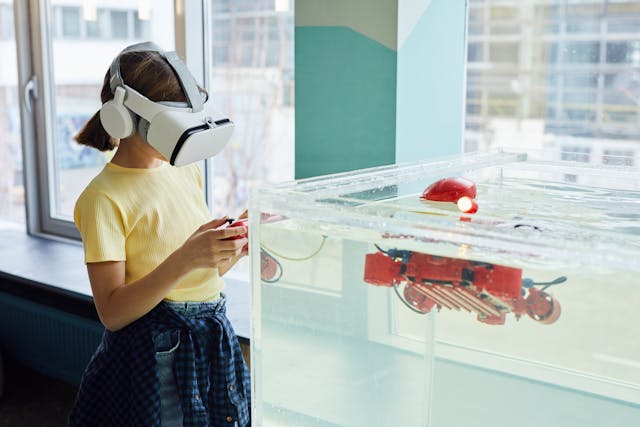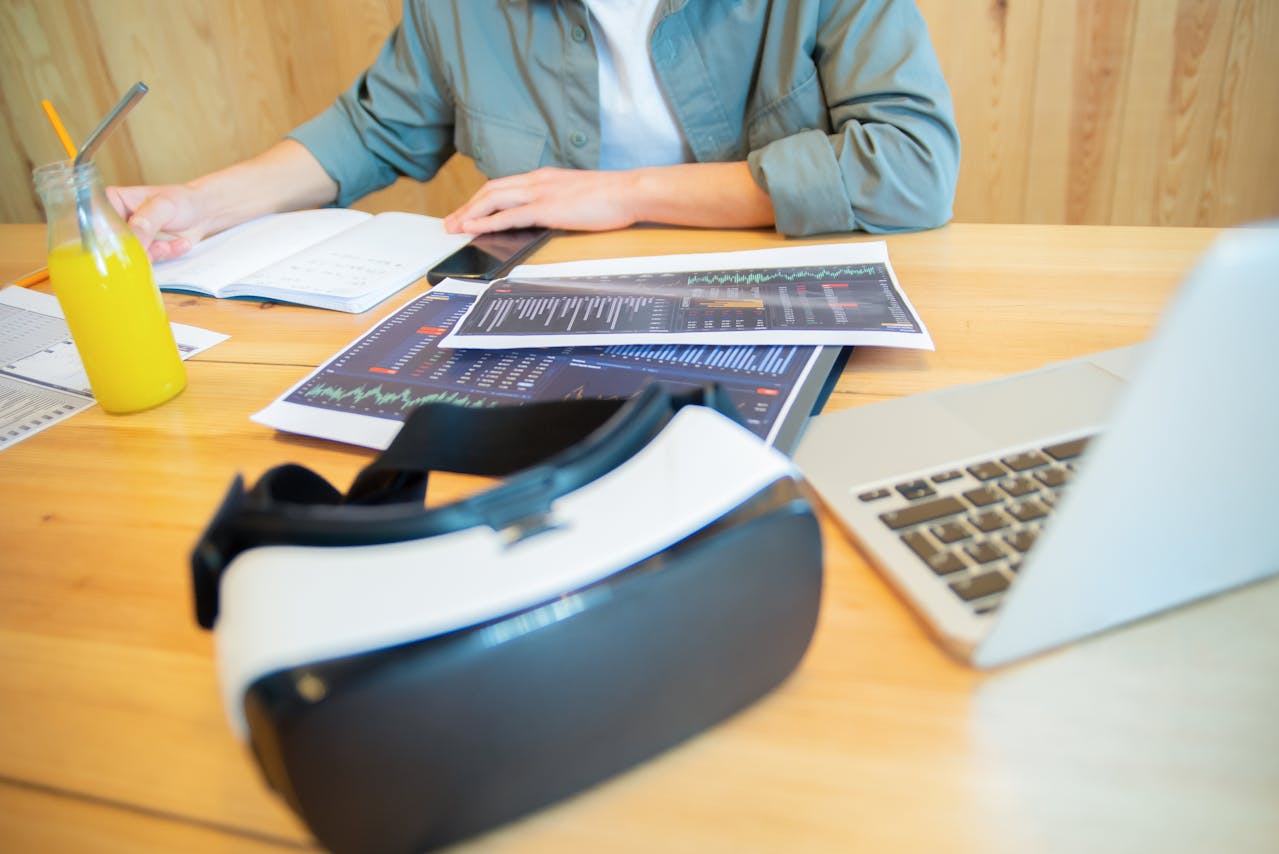Can VR Technology Improve Learning Outcomes in Students?
Virtual Reality (VR) technology has rapidly evolved, extending its reach beyond gaming and entertainment into various sectors, including education. This immersive technology offers unique opportunities to enhance learning experiences, but the question remains: Can VR technology improve learning outcomes in students?
Immersive Learning Environments
VR creates immersive learning environments that allow students to engage with content in a multi-sensory manner. By simulating real-world scenarios or abstract concepts, VR enables learners to visualize and interact with subject matter, leading to deeper understanding and retention.
- Enhanced engagement through interactive simulations
- Ability to visualize complex concepts
- Safe exploration of hazardous environments

Personalized Learning Experiences
One of the significant advantages of VR in education is its capacity to offer personalized learning experiences. VR applications can adapt to individual learning paces and styles, providing customized content that meets each student’s unique needs.
- Self-paced learning modules
- Immediate feedback and assessments
- Accommodation of diverse learning styles
Practical Applications and Skill Development
VR technology facilitates practical applications and skill development by offering hands-on experiences without the constraints of physical resources. For instance, medical students can practice procedures in a virtual setting, gaining confidence and competence before performing on real patients.
In the corporate sector, companies are increasingly adopting VR for employee training. According to a report by The Wall Street Journal, organizations utilize VR to train employees in various skills, from hardware maintenance to leadership and empathy, highlighting VR’s versatility in professional development.

While VR technology presents promising opportunities to enhance learning outcomes, its effectiveness depends on thoughtful integration into curricula and accessibility for all students. As VR continues to advance, it holds the potential to transform educational experiences, making learning more engaging, personalized, and practical.
One company at the forefront of this transformation is Skill Prepare. They develop educational VR games designed to sharpen skills in math, reading, spelling, memory, and problem-solving. Their mission is to combine gaming with education, creating fun learning experiences for all ages. With the rise of VR education, students can engage with subjects in a more immersive and interactive way, making learning both effective and enjoyable.

